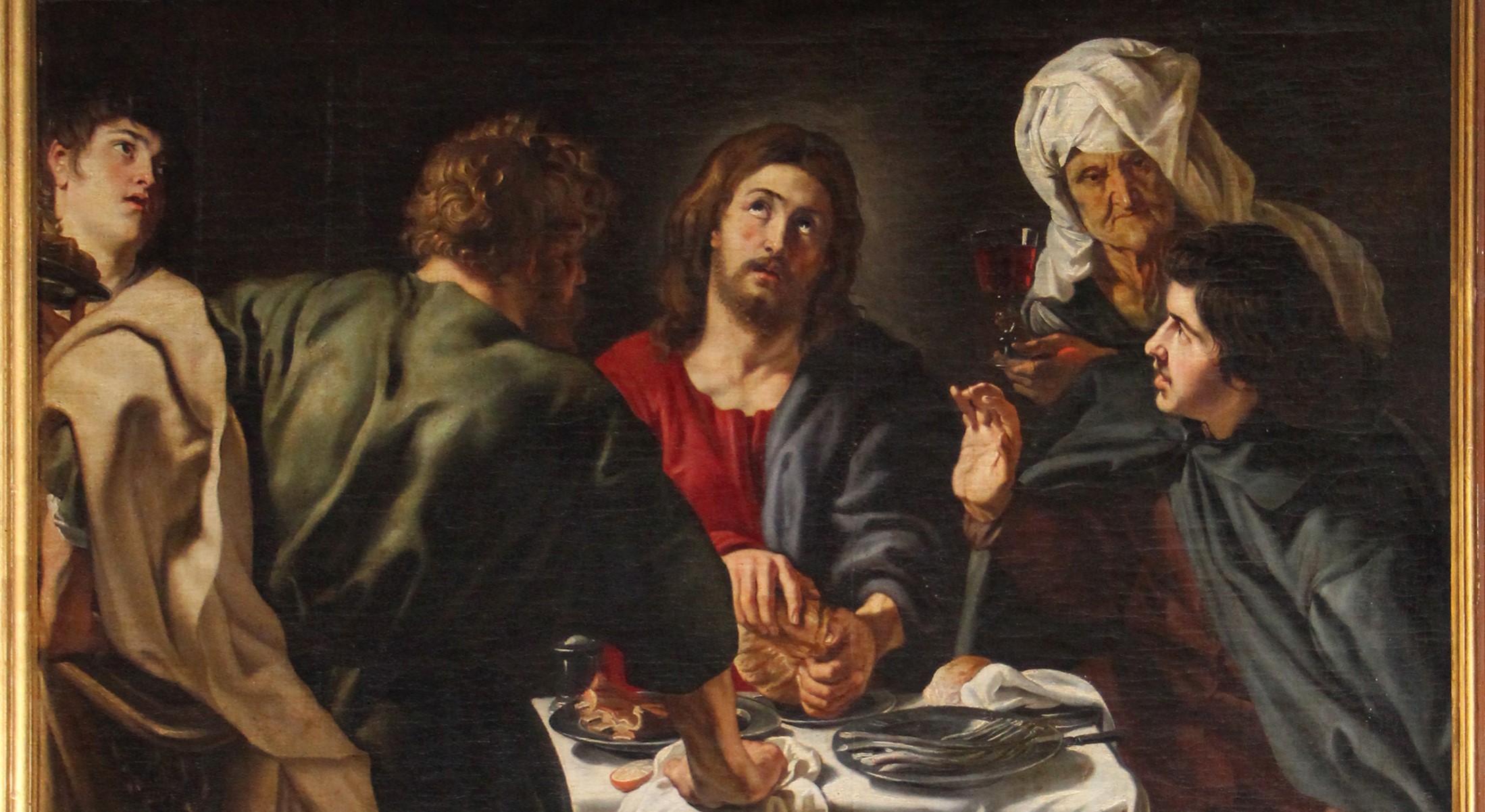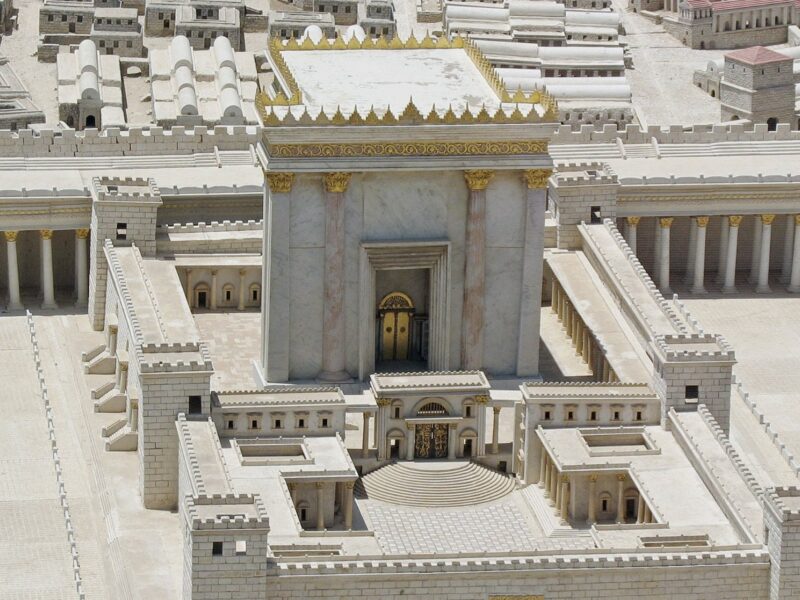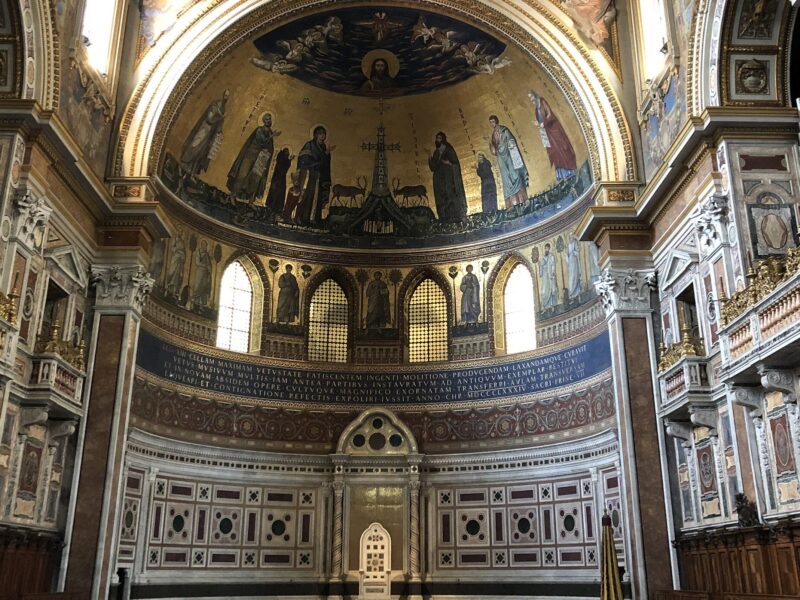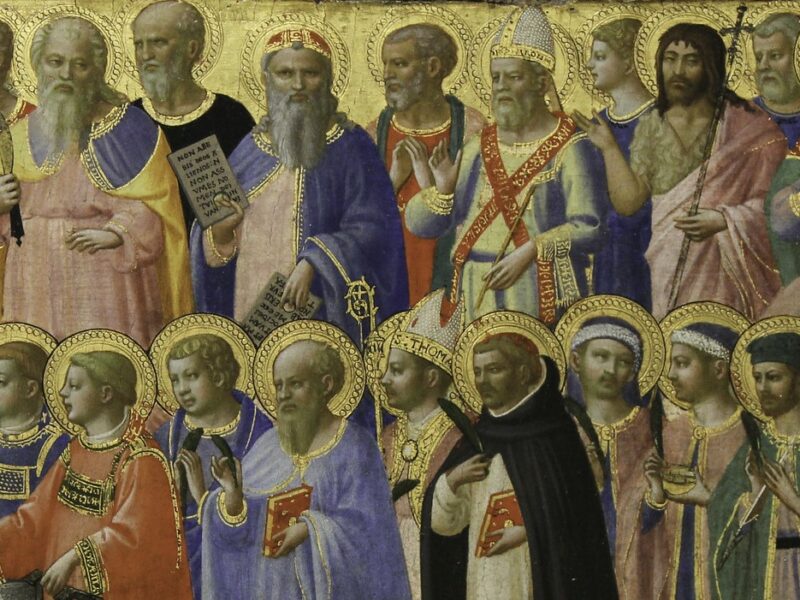
Really and Truly
Corpus Christi. Fr Nicholas Crowe invites us to join the Apostles in making a leap of understanding.
The resurrection of Jesus obliged the first Christians to make a ‘developmental leap’ in their understanding of his identity and mission. This ‘leap’ involved the internalisation of two mind-bending and world-transfiguring truths: first, that Jesus was truly risen; second, that he was bodily present to his disciples in a new way.
The testimony of the Scriptures is clear: the same person that died on a cross and was buried in a tomb rose again on the third day. After the Resurrection, Jesus’ friends ate with him, drank with him, they even put their fingers into his wounds: the same body that died rose again. In Him is a life more powerful than death.
Yet the same eyewitness testimony is also clear that our Lord was different after his Resurrection. He rose to a new life; he did not go back to his old way of relating to his disciples. This partly explains the difficulty that even Jesus’ closest friends had in recognising him after the Rresurrection. Jesus had truly risen from the dead, but now the disciples experienced his bodily presence differently: it was the same person as before, but now his physical presence had changed.
Our Lord’s Ascension into heaven and the outpouring out of the Holy Spirit at Pentecost drove a further leap in the disciples’ thinking. They had seen our Lord ascend into heaven, yet this did not represent our Lord’s departure. Instead, after the Ascension Jesus was present to his friends in a still more mysterious and intimate way. The bodily presence of Christ was no longer bounded by space and time as it had been previously. Instead, the disciples recognized Jesus’ presence in their midst whenever two or three were gathered in His name. They saw Him in the least of their brothers and sisters. Most importantly, they knew Him in the breaking of bread. Our Lord Jesus is still with us after the Ascension, indeed, there he is more present to us now than during the days of his earthly ministry because now he is really and truly present in our midst whenever we celebrate Mass. We heard St. Paul declare in our second reading:
The blessing-cup that we bless is a communion with the blood of Christ, and the bread that we break is a communion with the body of Christ.
Here Paul is handing on a fundamental insight from the primitive Church: the same Jesus whom the disciples had known and loved during his earthly ministry, whom the disciples had eaten and drank with after his Resurrection, was now truly and really present under the sacramental sign of the Eucharist. What appears as bread and wine is in fact the Body and Blood of Christ. Christ is still really and truly present to his people. Whilst his Body is no longer ordinarily detectable by natural vision, it is nevertheless still discernible and recognisable by faith.
It is the real presence of Christ among his people under the sacramental sign that we celebrate on this great feast of Corpus Christi. When the words of Jesus at the last supper are uttered by the priest acting ‘in persona Christi’ (in the person of Christ) as a living instrument of God’s Word, then these words of Christ are efficacious: what Jesus says through the priest becomes really present on the altar. When the priest says: ‘this is my body’… ‘This is my blood’ then these re-creative words of God through the action of the Holy Spirit touch the very being of the bread and wine and changes them into the Body and Blood of Christ. Something becomes someone. Christ himself becomes intimately present to his people, truly and really present, but in a new way. Christ gives himself to his people as food. We heard our Lord Jesus declare in our Gospel reading:
Truly, truly I say to you, unless you eat the flesh of the Son of Man and drink his blood, you have no life in you; he who eats my flesh and drinks my blood has eternal life, and I will raise him up on the last day.
The first Christians had to make a leap: they had to grasp that the death of Christ was not the end, but rather that He had risen to new life. They had to make a further leap: the Ascension was not the departure of Jesus from our world, it was the opening up of a new way of being more intimately present to all of his people wherever they might be. God is still with us. He gives himself to us as living bread from heaven. Whoever eats of this bread will share in the new life of his resurrection and receive a pledge of future glory for the last day.
Readings: Deuteronomy 8:2-3,14-16 | 1 Corinthians 10:16-17 | John 6:51-58
Image: detail from The Supper at Emmaus by Peter Paul Rubens, c. 1611, via Wikimedia Commons (CC BY 3.0)



Augustine
Thank you. An excellent homily!
Bob and Sheila Barrett
Thank you so much father Nicholas for this wonderful reflection, which has satisfied a hunger to grasp more fully what Jesus continues to give us in the Eucharist and in our daily relationship with him and with each other. You truly have a gift for communicating deep truths to simple, mystified minds, Thank you>
We are so appreciative of the online daily mass from Blackfriars. It is life giving.